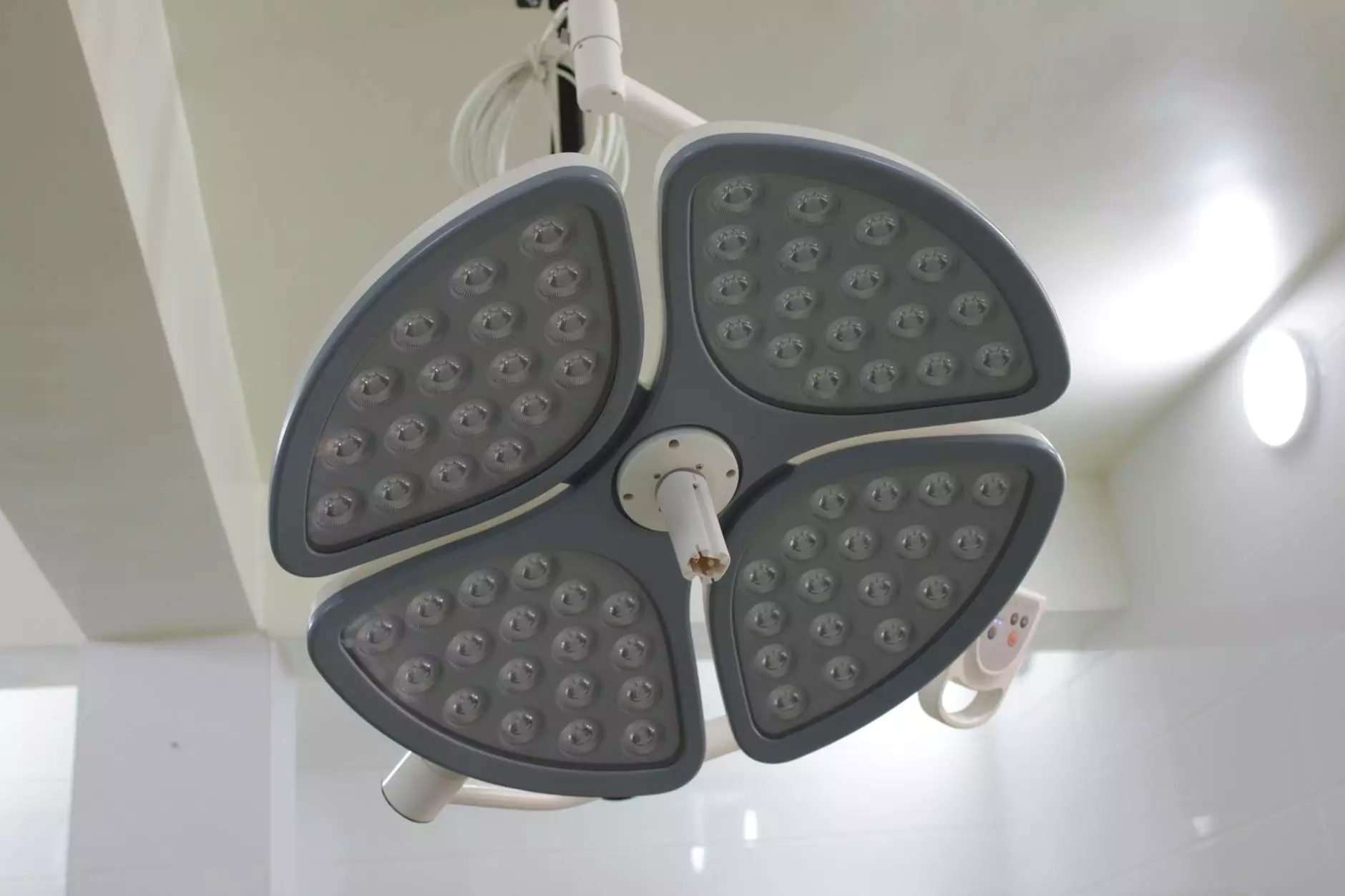The Vital Role of Pharmacy Stores in Modern Healthcare

Pharmacy stores are increasingly becoming indispensable pillars of the healthcare system, offering not just medications but a wide array of health-related services. As we navigate through this evolving landscape, it is essential to understand the comprehensive roles these establishments play in ensuring community well-being. From providing prescriptions to offering health consultations, pharmacy stores are critical in enhancing public health outcomes.
Understanding Pharmacy Stores: A Historical Perspective
The concept of pharmacy dates back thousands of years, evolving from ancient apothecaries to today's pharmacy stores. Initially, these establishments focused solely on dispensing medications. However, as healthcare needs expanded, so did their functions. Early pharmacists were seen as healers, while today’s pharmacies play a multifaceted role.
The Transformation of Pharmacy Services
With the integration of advanced healthcare practices, pharmacy stores have transformed remarkably. They now provide a range of services including:
- Medication Management: Pharmacists help patients manage their prescriptions, ensuring safe and effective use of medications.
- Health Screenings: Many pharmacies offer basic health screenings such as blood pressure checks, glucose monitoring, and cholesterol testing.
- Immunizations: Pharmacy stores are key providers of vaccines, crucial for disease prevention and public health.
- Patient Counseling: Pharmacists provide expert advice on medications and overall health management.
Pharmacy Stores as Health Care Providers
In recent years, the perception of pharmacy stores has shifted. They are no longer viewed merely as retail outlets but as vital healthcare providers within the community. Here’s how:
Accessibility and Convenience
Pharmacy stores are often more accessible than traditional healthcare facilities. Their extended hours and convenient locations make them easily reachable for individuals seeking health services. This improved accessibility plays a significant role in:
- Encouraging people to seek medical advice.
- Facilitating medication adherence.
- Providing immediate health services without the need for appointments.
Building Trust within Communities
Pharmacists are often the most trusted health care professionals due to their regular interaction with patients. This trust enables pharmacy stores to:
- Foster ongoing patient relationships.
- Educate the public about health issues.
- Serve as a go-to resource for health-related information and services.
Innovative Services Offered by Pharmacy Stores
Many modern pharmacy stores are embracing technology to enhance the customer experience. Advanced health and wellness services available include:
Medication Therapy Management (MTM)
MTM programs are designed to optimize therapeutic outcomes for patients by comprehensively reviewing their medication regimens. This service allows pharmacists to:
- Identify potential drug interactions.
- Monitor patient adherence to prescribed therapies.
- Adjust medications based on patient feedback and health improvements.
Health and Wellness Programs
Pharmacy stores often run various health and wellness programs, including:
- Smoking Cessation Programs: Providing support and resources to encourage quitting smoking.
- Weight Loss Management: Offering consultations and products to aid in weight management.
- Chronic Disease Management: Helping patients manage conditions like diabetes and hypertension through education and support.
The Economic Impact of Pharmacy Stores
Beyond health services, pharmacy stores significantly contribute to the economy. They create jobs, support local economies, and provide affordable healthcare solutions. Here’s how:
Job Creation
Pharmacy stores employ a workforce that includes pharmacists, pharmacy technicians, and support staff. This contributes to the economic stability of communities by:
- Offering career opportunities
- Contributing to local payrolls
- Supporting ancillary businesses such as medical supply vendors
Affordable Health Solutions
Pharmacy stores help reduce healthcare costs by providing affordable medications and health services. This affordability can lead to:
- Better health outcomes as medications are accessible.
- Reduced pressure on hospitals and urgent care facilities.
- Lower overall healthcare expenditure for families and individuals.
The Role of Technology in Pharmacy Stores
Technology is revolutionizing the operations of pharmacy stores. It enhances efficiency and customer experience in numerous ways:
Electronic Health Records (EHR)
Many pharmacy stores are adopting EHR systems that allow for:
- Streamlined patient information management.
- Improved medication reconciliation.
- Better collaboration between healthcare providers and pharmacists.
Telepharmacy
Telepharmacy has emerged as a significant innovation, enabling pharmacies to reach patients remotely. This service involves:
- Remote Consultations: Allowing patients to consult with pharmacists via video or phone calls.
- Prescription Services: Facilitating medication delivery and refills without requiring in-store visits.
- Expanded Access: Especially beneficial for patients in rural or underserved areas.
Challenges Facing Pharmacy Stores
While pharmacy stores play a critical role in healthcare, they face several challenges:
Regulatory Changes
Frequent changes in healthcare regulations can impact pharmacy operations, requiring constant adaptation to comply with new standards.
Competition from Online Pharmacies
The rise of online pharmacies poses a challenge, as consumers increasingly turn to online shopping for convenience and price transparency. In response, many pharmacy stores are:
- Enhancing in-store services.
- Offering competitive pricing.
- Implementing loyalty programs to retain customers.
Continued Education and Training
The fast-paced nature of the pharmaceutical industry necessitates ongoing training for pharmacists to stay current with new medications and emerging health issues.
The Future of Pharmacy Stores
Looking forward, pharmacy stores will continue to evolve and adapt to meet the growing healthcare needs of their communities. Here are some anticipated trends:
Integration with Holistic Health Services
Pharmacy stores may increasingly integrate with holistic healthcare services, offering more comprehensive approaches to wellness.
Personalized Medicine
Advancements in pharmacogenomics may allow pharmacists to tailor medications to the genetic profile of patients, enhancing treatment efficacy.
Greater Focus on Preventive Care
As healthcare shifts towards preventive care, pharmacy stores will likely expand their offerings to include more preventive services, such as health coaching and nutrition counseling.
Conclusion
In conclusion, pharmacy stores are vital components of the healthcare system, offering a multitude of services that benefit individual patients and communities as a whole. As we move into the future, the adaptability of these establishments will ensure they remain key players in promoting public health and improving patient outcomes. Gibsonmaxup.com is committed to supporting the ongoing evolution of pharmacy stores as they meet the ever-changing health needs of consumers.









